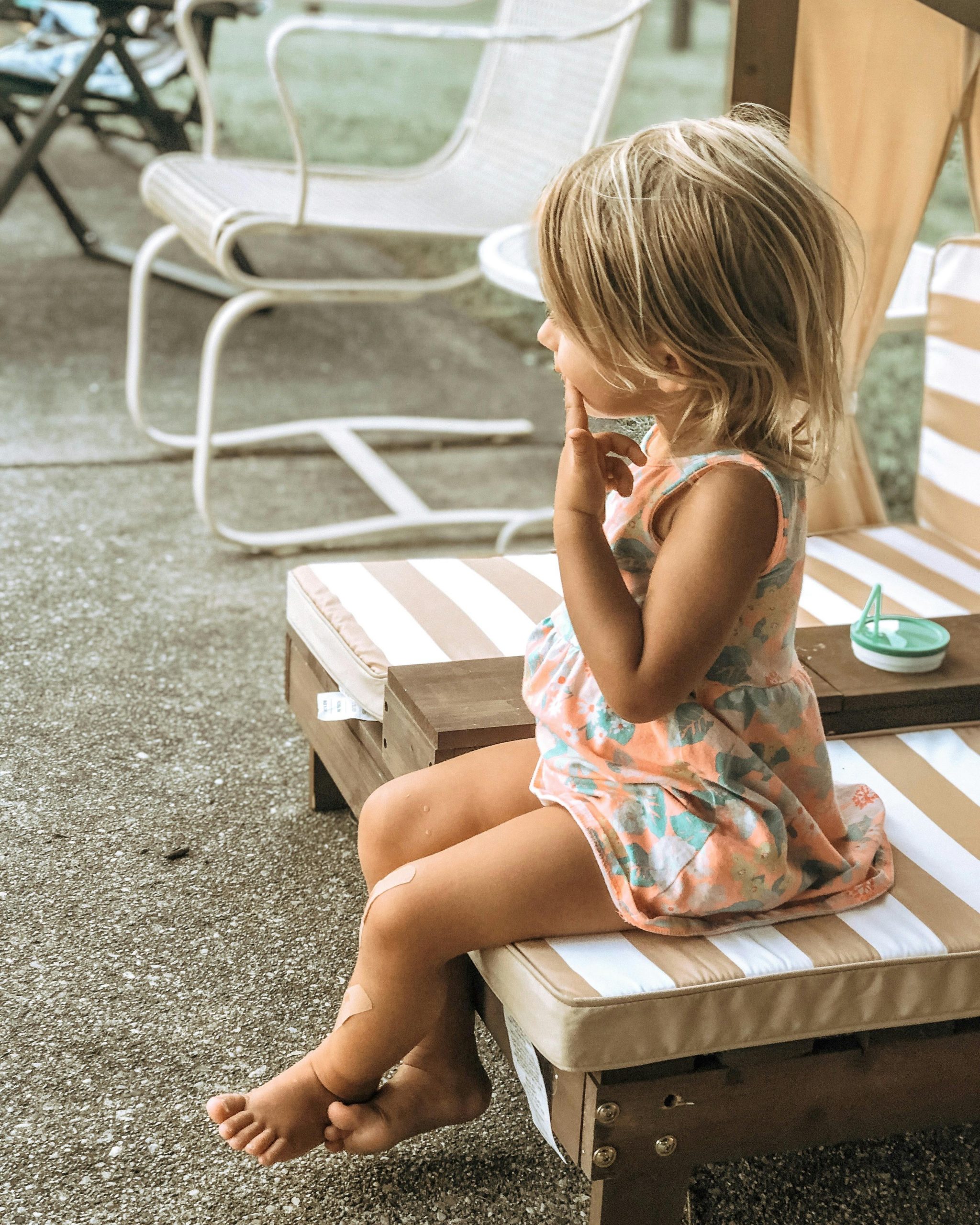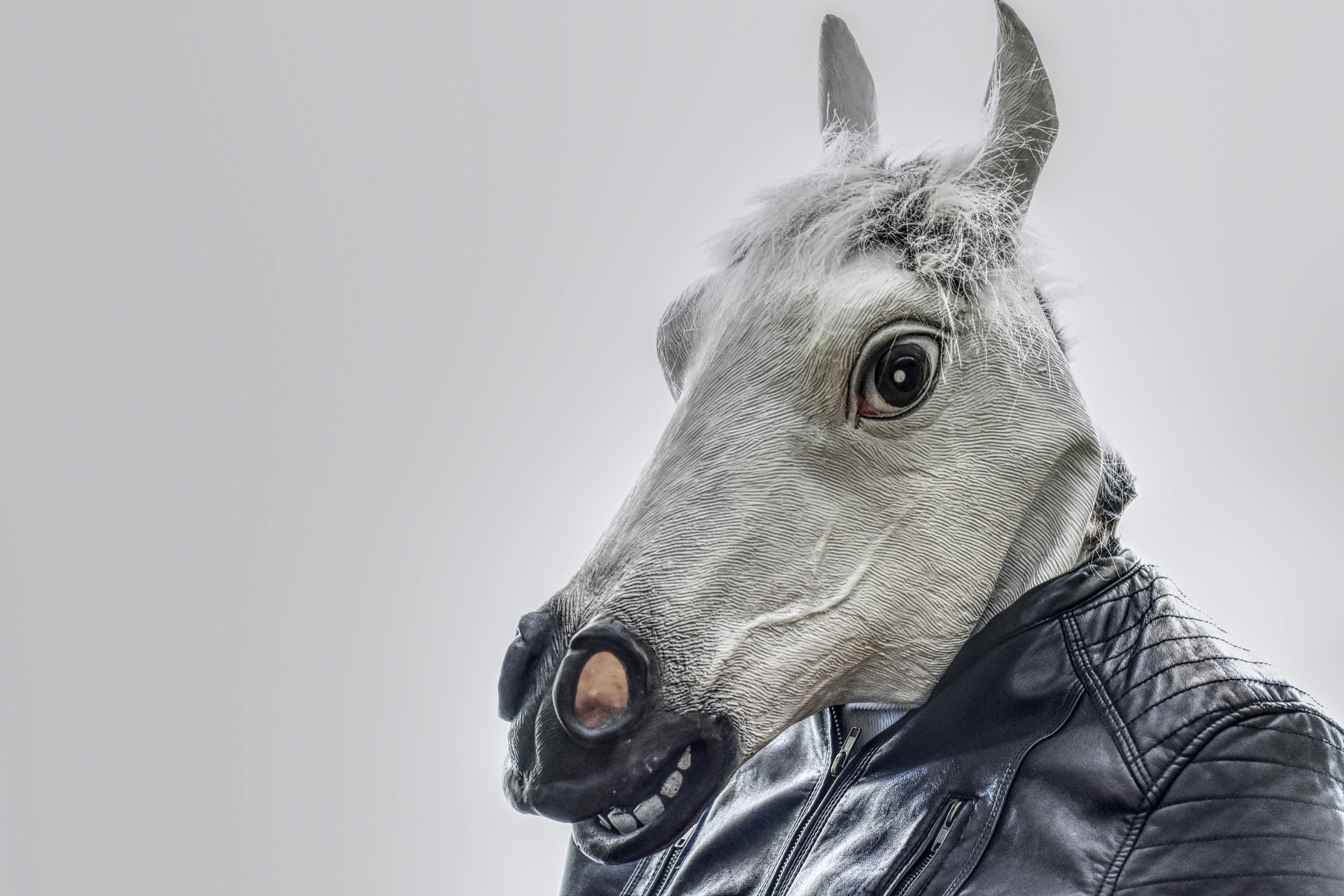The side of the bed one claims often depends on a mix of personal preferences, practical considerations, and sometimes, unspoken agreements between partners. Factors such as convenience, comfort, or habits formed over time can influence these choices. For example, one partner might choose the side closest to the door out of necessity for frequent bathroom visits, or personal preference such as feeling an affinity for a particular side due to light, temperature differences, or the way the room is set up. In many cases, these choices evolve organically during the early stages of cohabitation, often without direct discussion, and they become part of the couple’s routine. As time goes on, partners may become accustomed to their particular sides due to habit and comfort, solidifying the arrangement further. Other considerations might be linked to lifestyle needs, such as a preferred proximity to an alarm clock or a nightstand to hold personal items. Ultimately, the side each partner ends up on is usually the result of a combination of these various elements, leading to a sleeping arrangement that feels both comfortable and practical for both parties involved.
For those in relationships, which side of the bed is yours, and how did it come to be?

Categories:
Related Post

What conditions should be met before expressing the words “I love you”?What conditions should be met before expressing the words “I love you”?
Expressing “I love you” in a relationship is a significant emotional statement that often signals a deep level of commitment and vulnerability. Before saying these words, it is important to

Assuming time travel were possible, what significant historical event would you choose to observe?Assuming time travel were possible, what significant historical event would you choose to observe?
If time travel were possible, a fascinating historical event to witness could be the signing of the Magna Carta in 1215. Known as the cornerstone of modern democracy, the Magna

What are the Natural Enemies of Man According to Casteneda?What are the Natural Enemies of Man According to Casteneda?
According to the teachings attributed to Don Juan Matus in Carlos Castaneda’s books, a “man of knowledge” (or a person striving for wisdom and power) has four natural enemies that